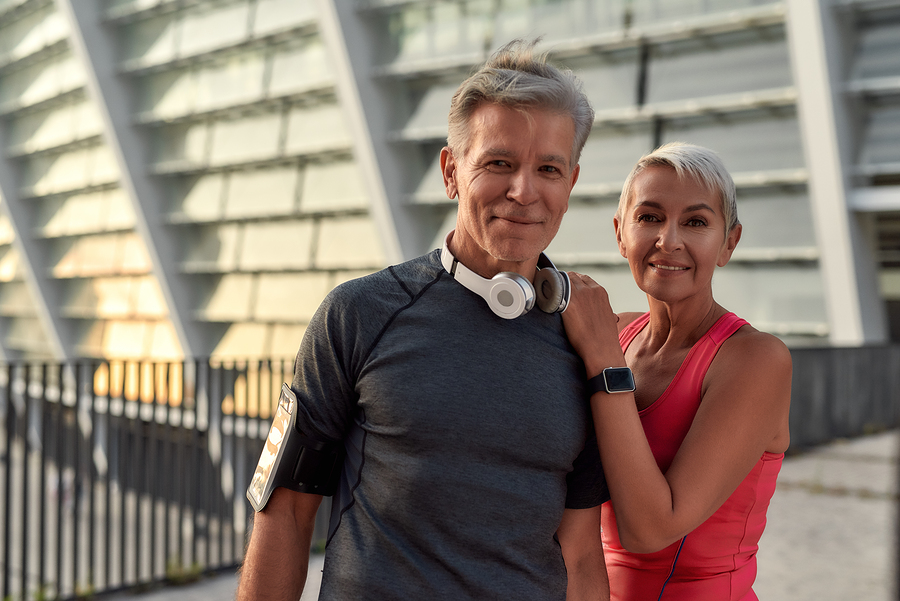
A new study from researchers at the University of Bath supports the theory that keeping up regular, daily exercise plays an important role in helping you to maintain a healthy immune system.
Protecting our immune system is something we all want to take care not only during the normal flu and cold season but even more so now that we have been experiencing a global pandemic.
They reported that there is limited reliable evidence that exercise suppresses immunity, Instead they found that exercise is beneficial for your immune function.
Exercise can help your immune system find and deal with pathogens, and in the long term, regular exercise slows down changes that happen to your immune system with ageing, therefore reducing your risk of infections.
They conclude that infections are more likely to be linked to inadequate diet, psychological stress, insufficient sleep, travel and importantly, pathogen exposure at social gathering events like marathons — rather than the act of exercising itself.
Make time for fitness
Engaging in regular physical activity is one of the best ways to help manage stress and maintain your immune system.
According to the National Library of Medicine, people who engage in regular physical activity have a lower incidence of infection compared to inactive and sedentary individuals.
This supports both their research and the study from the University of bath.
What’s more, being physically active and lowering your weight helps to strengthen your immune system and lower your risk of cardiovascular disease and diabetes.
Find creative ways to get moving at home and if at all possible get out outside and take a walk. It can be as simple as walking the stairs, jumping rope or turning on the music and dancing.
Practice Meditation
If you haven’t tried mediation, now might be a good time to start. Studies were done where they held 20 randomized, controlled trials including more than 1,600 participants and the findings supported that meditation helped to keep immune systems functioning optimally.
Neuroscience experts, such as Dr Joe Dispenza have huge followings and international researchers who study participants in his events measuring brain wave and heart coherence to see the effects of meditation on the body. Many of his followers/participants have reported improved health from chronic conditions after practicing his style of meditation.
Manage Your Stress Levels
Research from the past 25+ years revealed that psychological stress increases susceptibility to the common cold
Being exposed to prolonged or chronic stress can negatively impact your immune system by reducing your body’s ability to defend against viruses and bacteria.
And when we find ourselves under stress we tend to engage in coping strategies such as unhealthy eating, drinking more alcohol, smoking cigarettes, finding difficulty getting to sleep, all of which have a negative impact on your immune system.
Stay Connected
It’s okay to acknowledge that you feel stressed, anxious and afraid. But look for better ways to care for yourself. Staying connected during times of stress with friends and loved ones is a good way to help yourself feel like you aren’t all alone.
Email, call or FaceTime relatives, get creative and have live-streaming virtual get togethers with your friends.
Get Your Beauty Rest
Don’t skimp on sleep. Ideally you want to get seven to eight hours of sleep each night. If you find that it is hard to get your full night’s rest, be okay to fill in the deficit with a (or two) nap during the day.
Just make sure you don’t sleep too long during the day or too late as that will disrupt your sleep cycle. Just a short 20-30 minute nap can work wonders for your body.






